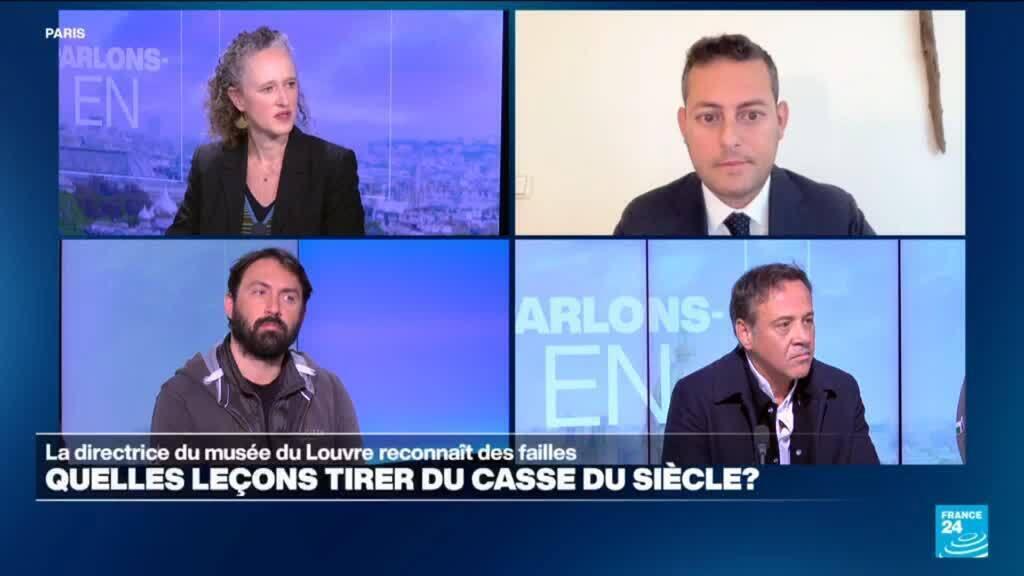Louvre Robbery Sparks Security Concerns and Unusual Corporate Response
Five days after the Louvre robbery, security concerns escalate as thieves remain fugitives and the German lift manufacturer involved controversially promotes its equipment used in the heist.
- • Five days after the Louvre heist, thieves remain at large, raising security concerns.
- • Louvre president declared the museum's security was defeated by the robbery.
- • The German lift manufacturer Böcker used social media to promote the stolen lift involved in the crime.
- • The robbery included the theft of nine historic jewels, fueling debates on art protection.
Key details
Five days after the shocking 2025 robbery at the Louvre Museum, the thieves remain at large, deepening concerns about the security of one of the world’s most visited cultural landmarks. The president of the Louvre has publicly stated, "Nous avons été mis en échec" (We have been defeated), reflecting the institution’s profound unease over the breach. The incident, dubbed "the heist of the century," has provoked intense questions about how such a high-profile museum could have been so vulnerable to this audacious theft, particularly regarding the long-term protection of France’s valuable heritage (Source 112859).
Adding to the unusual aftermath, the German manufacturer Böcker, whose Agilo lift was used by the robbers to access the museum, has taken an unexpected route by promoting the stolen equipment on social media. The lift, capable of carrying up to 400 kilograms at a speed of 42 meters per minute, was reportedly stolen during a demonstration by the alleged robbers in Paris. Alexander Böcker, the company’s CEO, acknowledged the criminal act but adopted a controversial marketing stance with the slogan "when it needs to be done quickly," effectively leveraging the Louvre incident to raise his company’s profile. While admitting the theft’s condemnable nature, Böcker and his wife chose to inject humor into the situation, a move that has highlighted the complex emotional and political reactions stirred by the robbery (Source 112891).
The robbery also involved the theft of nine historic jewels, which has intensified the public debate on art security and heritage protection in France. The Louvre’s leadership and French authorities face mounting pressure to reassess and reinforce museum security protocols to prevent future breaches.
This unfolding situation not only underscores significant security failures but also reflects the wider cultural and political ramifications for France’s art institutions and their custodianship.
This article was translated and synthesized from French sources, providing English-speaking readers with local perspectives.
Source articles (2)
Source comparison
Latest news
France Returns the Djidji Ayôkwé Talking Drum to Côte d'Ivoire After Over a Century
Record 37 Days of Rain Triggers Ongoing Severe Flooding in Western France
Political Divisions and Social Tensions Intensify Following Quentin Deranque’s Death in Lyon
French Economy Minister Calls for Full Insurance Industry Mobilization Amid Devastating Storm Floods
France Boosts Social and Solidarity Economy with New Tools and Potential Tax Reforms in 2026
Saint-Nazaire Mayor Condemns Vandalism of Two Political Offices as Attack on Democracy
The top news stories in France
Delivered straight to your inbox each morning.


